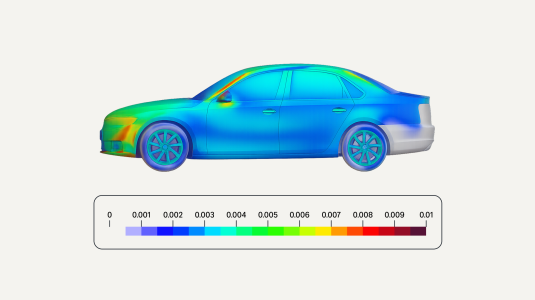Customer-obsessed science


Research areas
-
September 26, 2025To transform scientific domains, foundation models will require physical-constraint satisfaction, uncertainty quantification, and specialized forecasting techniques that overcome data scarcity while maintaining scientific rigor.
-
Featured news
-
2024This paper proposes the use of “multicalibration” to yield interpretable and reliable confidence scores for outputs generated by large language models (LLMs). Multicalibration asks for calibration not just marginally, but simultaneously across various intersecting groupings of the data. We show how to form groupings for prompt/completion pairs that are correlated with the probability of correctness via
-
2024Adapting large language models (LLMs) to unseen tasks with in-context training samples without fine-tuning remains an important research problem. To learn a robust LLM that adapts well to unseen tasks, multiple meta-training approaches have been proposed such as MetaICL and MetaICT, which involve meta-training pre-trained LLMs on a wide variety of diverse tasks. These meta-training approaches essentially
-
Tokenization matters: Navigating data-scarce tokenization for gender inclusive language technologies2024Gender-inclusive NLP research has documented the harmful limitations of gender binary-centric large language models (LLM), such as the inability to correctly use gender-diverse English neopronouns (e.g., xe, zir, fae). While data scarcity is a known culprit, the precise mechanisms through which scarcity affects this behavior remain under-explored. We discover LLM misgendering is significantly influenced
-
2024Large Language Models (LLMs) are powerful models for generation tasks, but they may not generate good quality outputs in their first attempt. Apart from model fine-tuning, existing approaches to improve prediction accuracy and quality typically involve LLM self-improvement / self-reflection that incorporate feedback from models themselves. Despite their effectiveness, these methods are hindered by their
-
In this paper we introduce SemiGPC, a distribution-aware label refinement strategy based on Gaussian Processes where the predictions of the model are derived from the labels posterior distribution. Differently from other buffer-based semi-supervised methods such as Co-Match [17] and SimMatch [34], our SemiGPC includes a normalization term that addresses imbalances in the global data distribution while maintaining
Collaborations
View allWhether you're a faculty member or student, there are number of ways you can engage with Amazon.
View all














































